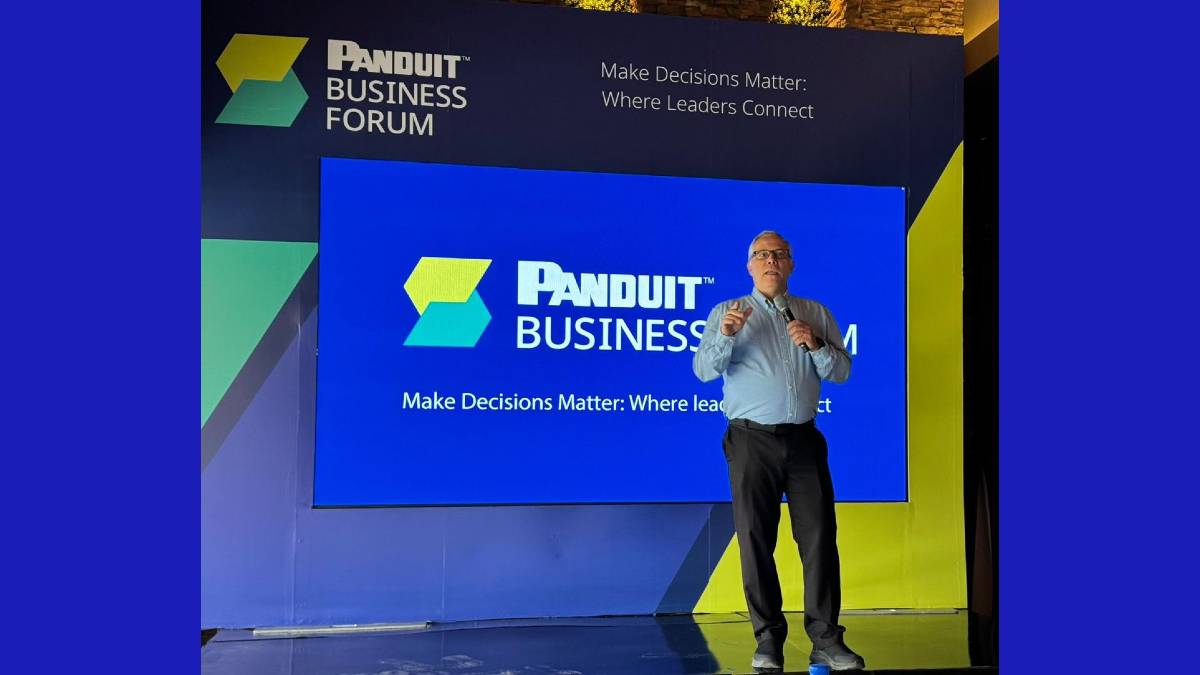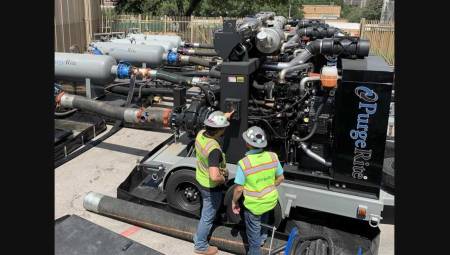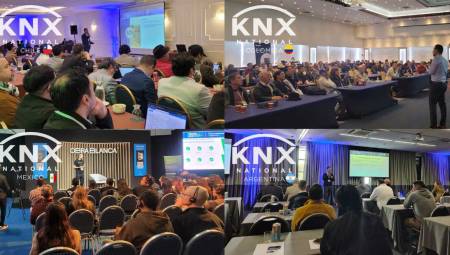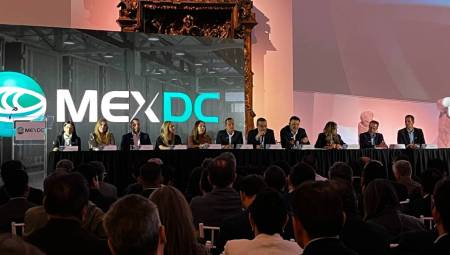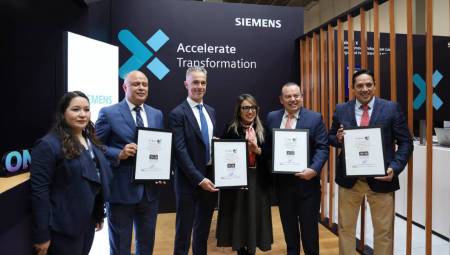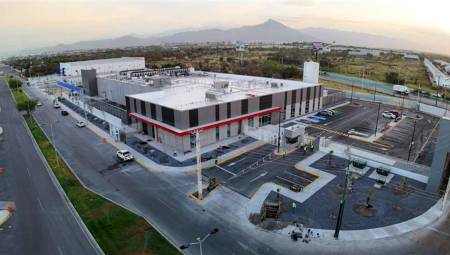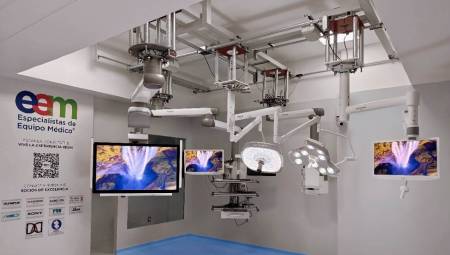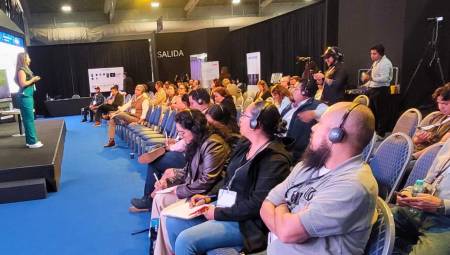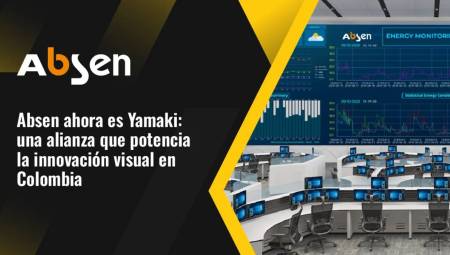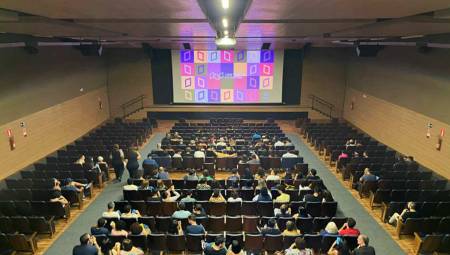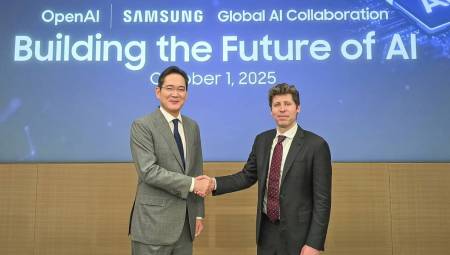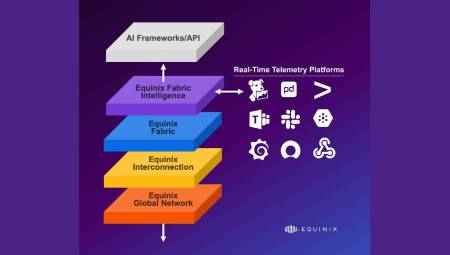Mexico. Faced with the growing pressure to digitize operations, optimize processes and maintain business continuity in a volatile environment, Panduit held a series of executive meetings in Latin America under the name of Panduit Business Forums.
The main objective: to get closer to the end customer to understand, from their own voices, the structural challenges and priorities faced by each industry in its local context, as we do with our partners and customer community in general at GSIC.
The multisectoral meetings held in Latin America have served as a platform for analysis and dialogue with decision-makers, especially CIOs, CTOs and those responsible for technological infrastructure in various sectors such as manufacturing, energy, telecommunications, data centers and finance.
The series of forums responds to a strategy that seeks to transcend the business focus and address infrastructure needs from a broader perspective, linked to business objectives, regional competitiveness and digital transformation.
"Talking about technological solutions is to understand how our clients give value to their companies through technology, and at the same time show them first-hand what we can do for them, something very interesting is that they can share with their counterparts in other geographies/industries, what is being transformed and what investments to prioritize," says Carlos Arochi, Latin America Director, Panduit.
The technological infrastructure gap at the center of the discussion
The challenges exposed by the Panduit forums are not isolated, but reflect a technological investment debt accumulated in the region. According to the Inter-American Development Bank, it is estimated that closing the gap in connectivity and digital infrastructure in Latin America and the Caribbean could generate up to 15 million direct jobs, increase regional GDP by 7.7% and raise productivity by 6.3%; while a study by Economist Intelligence warns that the region needs to invest approximately US$250 billion a year during 2024-28 to close gaps in sectors such as transport, energy, water and telecommunications.
In this context, the Business Forums have made it possible to map shared concerns – such as the need to operate more efficiently, reduce costs, deal with supply chain disruptions and align technological decisions with strategic objectives – but they have also revealed particularities by country that mark differences in pace, approach and priorities.
Key findings in Mexico
In the case of Mexico, the forum showed a strong concern for operational efficiency, supply chain resilience and risk mitigation without sacrificing quality. Added to this is the impact of the opening of new manufacturing plants, which has generated new infrastructure requirements for the manufacturing and logistics sector.
"In Mexico, infrastructure is no longer just a technical need, but a strategic issue. The arrival of new investments linked to manufacturing has transformed the industrial map, demanding greater installed capacity, efficiency in data centers and reliable solutions to operate without interruptions, therefore, efficiency becomes a condition to compete," says Arochi.
According to the director, there is also a growing demand for solutions that help reduce the waste of resources and accelerate the implementation of technological projects, without compromising the quality of the results. In this sense, Mexico is positioned as a strategic player for Panduit's operation in the region, since it is the country with the highest market penetration for the company and its plant located in national territory is one of the largest globally.
Panduit highlights that the learning obtained in these forums will become a direct input to design regional solutions with a local focus, training programs and sectoral collaboration strategies. In addition, it is useful to generate plans in conjunction with the value chain and provide the necessary tools for distributors and integrators, according to the region and the different sectors.



